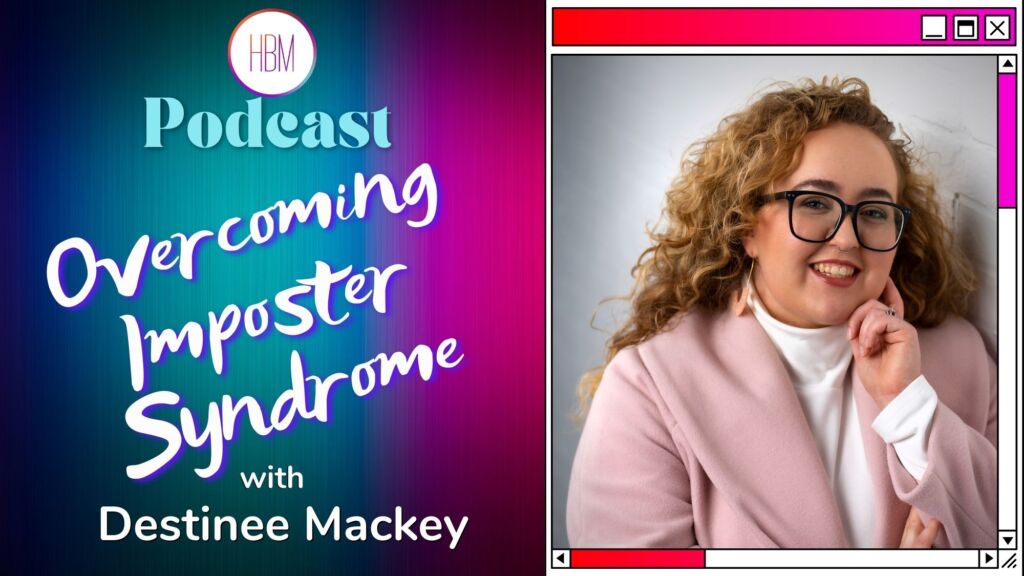
In the relentless pursuit of success, a shadow often lurks in the minds of high achievers—a specter known as Impostor Syndrome. This silent adversary, with its roots entwined in self-doubt and fear of exposure, has gained recognition across diverse fields. In this exploration, we unravel the enigma of Impostor Syndrome, delving into its manifestations, shedding light on the stark statistics that underscore its prevalence, and offering a roadmap for those seeking to conquer its haunting grip.
Defining the Phantom: What is Impostor Syndrome?
Impostor Syndrome, a psychological phenomenon first identified by psychologists Pauline Clance and Suzanne Imes in the 1970s, is not a clinical diagnosis but a pattern of thought. At its core, it’s the persistent feeling of being a fraud despite evidence of success and competence. Those afflicted by self-doubt often downplay their achievements, attributing success to luck rather than their own abilities.
The Many Faces of Impostor Syndrome: How Does it Present Itself?
Perfectionism as a Veil
Perfectionism becomes a deceptive veil for many grappling with Impostor Syndrome. The relentless pursuit of flawlessness often stems from a fear of being unmasked as inadequate. Each accomplishment, rather than a cause for celebration, becomes another hurdle, reinforcing the belief that any failure will expose their perceived incompetence.
Overworking as a Shield
For some, the fear of being discovered as a fraud propels them into a relentless cycle of overworking. Long hours and an unyielding commitment become a defense mechanism, an attempt to outpace the perceived inevitable revelation of their supposed shortcomings.
Discounting Success: “Anyone Could Have Done It”
Individuals haunted by Impostor Syndrome downplay their achievements, dismissing success as a result of external factors rather than acknowledging their own skills and efforts. This pattern of self-sabotage can lead to a perpetual cycle of achievement without fulfillment.
Statistics that Speak Volumes
Impostor Syndrome: Ivory Towers and Hidden Fears
In academic circles, perceived fraudulence casts a long shadow. A study published in the Journal of Behavioral Science found that up to 70% of individuals experience Impostor Syndrome at some point in their lives, with graduate students and early-career academics being particularly vulnerable (Henning et al., 2019).
Corporate Quandaries: Climbing the Ladder, Scaling the Doubts
The corporate landscape is not immune to the grip of Impostor Syndrome. A survey conducted by the International Journal of Behavioral Science revealed that 82% of individuals in the business sector have experienced feelings of inadequacy at work (Langford and Clance, 1993). The pressure to conform to expectations and the fear of being unmasked in professional settings contribute to the pervasive nature of this phenomenon.
Gender Disparities: The Impostor Unequal Burden
Impostor Syndrome does not affect everyone equally. Research suggests that women are more likely to experience feelings of inadequacy despite evidence of competence (Jöstl et al., 2015). This gender disparity adds another layer to the complexity of Impostor Syndrome, reflecting broader societal challenges.
Confronting the Specter: Steps to Overcome Impostor Syndrome
Acknowledge and Normalize Impostor Syndrome
The first step in overcoming perceived fraudulence is acknowledging its existence. Recognizing that you are not alone in grappling with these feelings normalizes the experience and reduces the isolation that often accompanies it. Understand that many high achievers share similar doubts.
Own Your Achievements
Challenge the tendency to attribute success to external factors. Keep a record of your accomplishments and revisit them regularly. Recognize and internalize that your achievements are a result of your skills, effort, and dedication.
Embrace Constructive Feedback
Feedback, even when constructive, can be challenging for those with Impostor Syndrome. Instead of viewing feedback as confirmation of incompetence, see it as an opportunity for growth. Constructive criticism is not an indictment of your abilities but a guide for improvement.
Talk About It
Silence perpetuates the power of Impostor Syndrome. Engage in open conversations with mentors, colleagues, or friends. Sharing your feelings can provide valuable perspectives, reassurance, and a reminder that you are not alone in your struggles.
Celebrate Imperfection
Perfectionism fuels Impostor Syndrome. Embrace the idea that perfection is an unattainable goal. Celebrate imperfections as opportunities for learning and growth. Understand that setbacks are a natural part of any journey.
Seek Professional Support
For those grappling with severe Impostor Syndrome, seeking professional support from therapists or counselors can be instrumental. Therapy offers a safe space to explore the roots of these feelings and develop coping strategies.
Conclusion: Illuminating the Path to Authenticity
Impostor Syndrome may be an unwelcome companion for many high achievers, but it does not have to define one’s journey. By understanding its nature, acknowledging its presence, and adopting strategies to overcome its grip, individuals can embark on a path toward authenticity and self-empowerment. In a world that often emphasizes success, it’s crucial to remember that acknowledging vulnerability is not a sign of weakness but a testament to strength and resilience. The shadows of self-doubt may persist, but the light of self-awareness and acceptance can illuminate the way forward.
—
Stream It: Overcoming Impostor Syndrome

In this episode of The Human Beauty Movement Podcast, host Jennifer Norman delves into the topic of Impostor Syndrome with guest Destinee Mackey, a motivational speaker and entrepreneur. Together, they explore the feelings of inadequacy and self-doubt that many individuals experience. They discuss the root causes, its prevalence among high achievers, and the impact it can have on mental health. Jennifer and Destinee provide insight into the four “P’s” of impostor syndrome—perfectionism, paralysis, pleasing people, and procrastination—and share strategies for overcoming these feelings. They emphasize the importance of a supportive environment and offer personal anecdotes to illustrate how embracing vulnerability and accepting imperfection can lead to personal and professional growth. Tune in to discover how to navigate self-doubt and build a community that fosters self-compassion and resilience.
—
Related Articles:
Ladies, Dream Bigger & Unlock Your Potential!
Cultivating Unshakable Self-Esteem: Ten Tips For Empowerment












